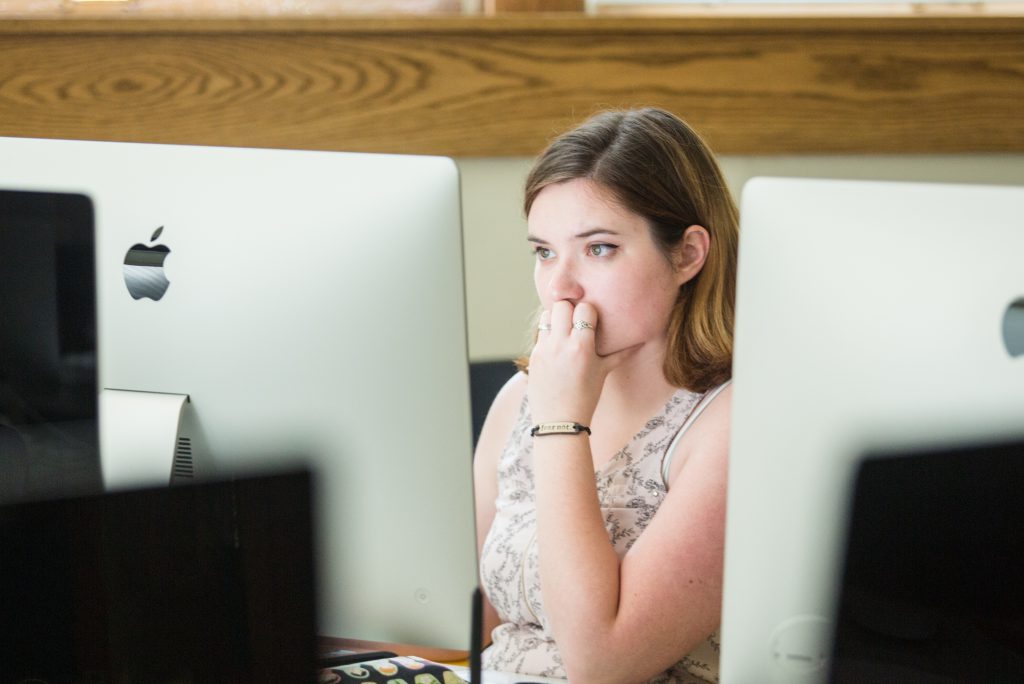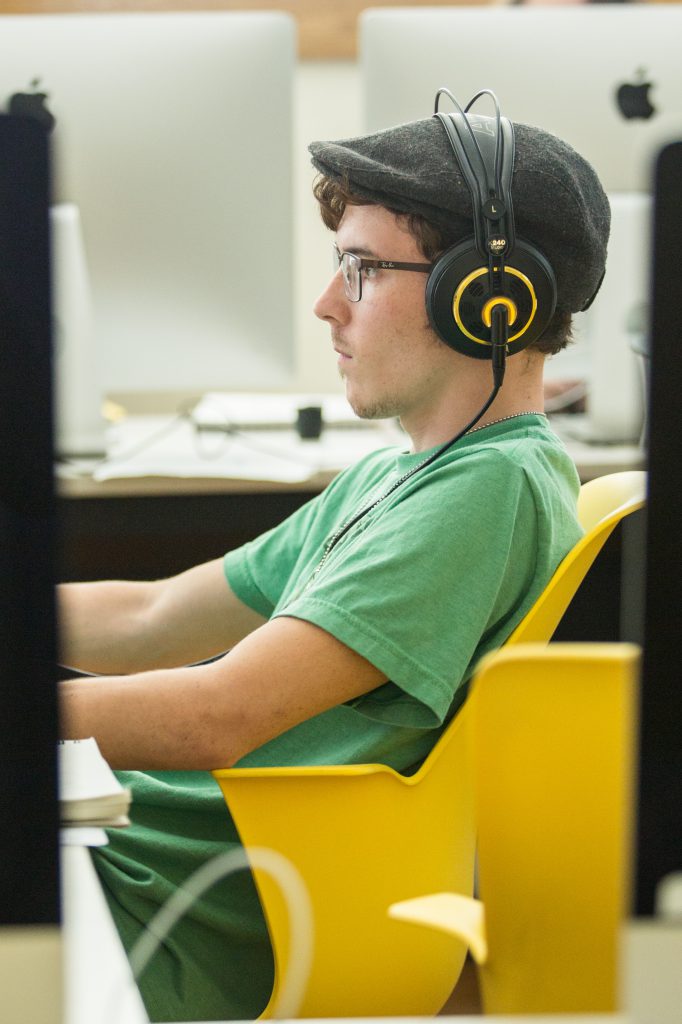So what are we to do with all this information? The internet will not suddenly close up shop and cease to exist. To hope it might is to shelter ourselves from all the perks that come with it.
But isn’t this where thoughtful Christians have found themselves in every generation? Technology forges ahead and we must adapt. To do so without thought will mean giving up a part of who we should be.
So what are earnest Christians to do with the social media vs. reality conversation?
We should seek to be truth and light in whatever relevant outlet we find ourselves in. For the Apostle Paul, it was a Roman jail cell. For us, it might be the 280-character confines of Twitter.
As Christians, we need to have a holistic view of social media vs. reality, understanding that every tool at our disposal has the potential to use us. We must realize that social media can be a dark shadow, but we have been called to be light. If the Great Commission applies to us today just as much as it did the first-century Christians, then it should apply to the social media realm as well.
The need for Christ-focused and biblically-grounded people in all spheres of influence is why Grace College exists.
At Grace College, we equip the next generation of leaders to effectively engage the world as we know it. We don’t shy away from complex, nuanced, and multi-faceted conversations like social media vs. reality. We dive in. We wrestle. And we seek Christ to show us the role we are to play in reflecting Him to all corners of the world.
Are you interested in making a true impact? Discover how the ways of Grace can help you endeavor forward on this path.






